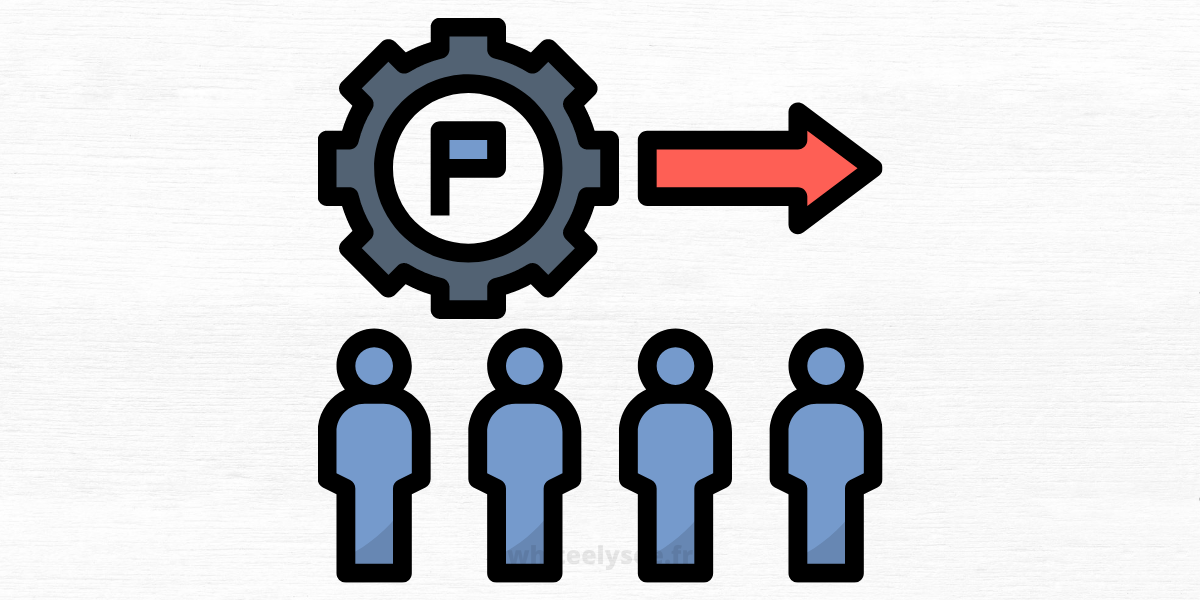
Why do I grunt when I hear the words team building day, as spoken by a supervisor or manager? It’s probably because I’ve witnessed so many of these well-planned events fail horribly. And, even more importantly, I’ve watched groups of extremely intelligent people leave thinking, “what do I do?” …?” Then return to their work and not give the entire day or its lessons a second thought.
There is no change in behavior. No new insights. No team improvement. What an unnecessary waste of time! Team building events should be memorable. They should alter (read “improve”) individual behavior to make a difference. They need to strengthen the bonds of their teams and contribute to the creation of highly-performing teams that we know about and wish to be part of.
If, for example, the team you are in is a high-performance one, with a low level of conflict and high harmony, you should be proud! Your team is doing something right. Why not take a look to find out more? You might learn something new that can add extra value.
How can you make your team’s build days go better?
It’s crucial to focus on team dynamics on a daily day basis, continuously reviewing and tweaking the situation. However, specially-designed events for team building have their place. Remember, If you’re planning on organizing an event to build teams and it is to be a success, it must provide value. Training is costly, and even participants require a return on their investment in time and effort.
It doesn’t matter if you engage in team-building games, write an inventory that outlines team guidelines, or talk about team issues. The most important thing isn’t the way you conduct your business but the way you do it. Knowing a bit about the elements that teams must have to be successful can help you know how to enhance team processes (not only during a particular team-building event but on a daily basis too).
What Teams Do Team
To be successful and work as a unit and achieve greater results than can be achieved by individuals, teams require certain elements that are present within their surroundings. These aspects aren’t difficult to attain, but they require some effort from the team leader or the business manager.
Research has proven, over and over, that these aspects are essential for teams that function effectively. They’re certainly not “new age,” “touchy-feely,” nor “time wasting frills.” They are the fundamentals of teamwork, and those who acknowledge their importance and strive to maintain these are rewarded with teams that perform better than their average counterparts by miles.
Enhancing Team Performance
If you’re looking to boost your team’s performance, it’s not focused on “whipping them into shape.” It’s about creating a positive environment that allows them to do their best. It’s about understanding the role you play as a coach/leader and developing the skills that you require to build the team you’re looking for. As the top sports coaches around the globe, they always declare when a team isn’t performing well, the coach’s job is to take the blame!
Let’s look at what teams need to be successful.
The five areas of effectiveness
1. Team Mission. Every member of the team has to understand the reason why the team is doing the things it is. What goals is the company seeking to accomplish, and how can the team contribute to achieving these goals? Everyone needs to understand the team’s goals, particularly when they change and how pursuing wrong priorities can affect the team’s ability to achieve its goals.
2. Goal Attainment. The leader of the team should help the team to understand their objectives (both personal and team) and give feedback on the progress they have made towards achieving the goals. It must be consistent and transparent and not blame-based. The team should also have input to set the goals in both a collective way as well as individually. The most important thing is that the leader of the team must assist the team in achieving their goals by offering support and resources.
3. Empowerment. The team has to work towards the achievement of business goals in line with the business rules, but aside from that, the team and all member needs an amount of autonomy in their decision-making and in their activities. It doesn’t mean that everything is allowed; however, it does suggest that everyone needs input in our everyday lives, which includes our professional lives. Make sure to increase the team’s skills by providing guidance instead of controlling. Both interpersonal and technical abilities (known to be Emotional intelligence) are essential in order for members of the team to feel in charge of their work and behave according to their job. Role modeling and guidance can help encourage independence and ownership and enable leaders to “let go” of many operational tasks and focus on more strategic managerial tasks.
4. Communication that is honest, open, and transparent. Communication should be clear, honest, prompt, and two-way. This isn’t a master-slave relationship but an adult-to-adult interaction with the same mind (of course, it requires an extremely high amount of emotion from both sides). When people are treated with dignity and respect, the vast majority of people react with greater effort and result. Conflicts are lessened and more easily resolved. People also are able to manage their own behavior more effectively. If everyone is able to speak their minds with respect and the entire team is able to work more effectively, and the client is aware!
5. Positive roles and standards. The best way to learn is by watching and analyzing and then doing. What do they see as they watch the behavior of the Team Leader within your company? Does the Team Leader, as well as all other managers, display the kind of behavior they would like to see in their employees? Is it more than just “do as I say, not as I do”? The team members should have excellent examples to follow, and their time and energy should be devoted to learning and enhancing their skills to ensure that they get the most from every person in the team.
Finally
Team building is a process that must be incorporated into your overall business improvement plan. Don’t treat it as a bandaid or a panacea. It does not work in any way. It must be naturally incorporated into all of the other tasks that you do to ensure the health of your team members.





